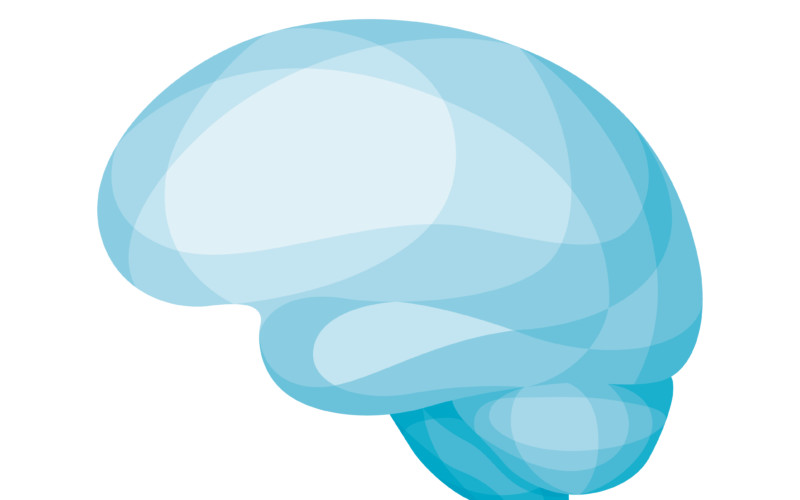Know the signs of intracerebral hemorrhage — and seek help right away

About one-fifth of all strokes are caused by intracerebral hemorrhage (ICH), or bleeding within the brain tissue.
These kinds of strokes have some of the symptoms of ischemic strokes, which are caused by a blockage in the blood vessel. They include weakness on one side of the body, facial droop and numbness on one side. One difference is that strokes caused by hemorrhaging also cause pain and vomiting.
Still, we can’t diagnose what kind of stroke it is until we take a picture of the brain with a CT scan.
An ICH is a complex stroke that requires a multidisciplinary team including a neurocritical care specialist, neurosurgeon, stroke neurologist and neurointerventional radiologist. As a Comprehensive Stroke Center, Christiana Hospital is staffed 24/7 with stroke experts and is equipped with a Neuro ICU with specially trained nurses and therapists.
We see more than 200 cases of intracerebral hemorrhage each year, many referred from other hospitals that don’t have our expertise. Each year we treat more than 1,200 with ischemic stroke.
Identifying the type of stroke determines any interventions we will take to treat it.
ICH occurs when the walls of tiny blood vessels in the brain become leaky. Most commonly, this is due to high blood pressure over time. Another cause is amyloid angiopathy, or leaking due to proteins that build up in the blood vessels in the brain, typically in patients 70 and older. Less common causes are brain tumors and abnormalities in the blood vessels.
Other risk factors are excessive alcohol intake, defined as more than one drink a day for women and two drinks a day for men. Statistically, African-Americans are at higher risk, although we aren’t sure why.
Treatment often includes medications, such as drugs that reverse the effects of blood thinners and IV meds that lower blood pressure to reduce the risk of more bleeding. Because swelling in the brain can be life-threatening, patients may need surgery or medications to remove clots and swelling, or other therapies, such as using small tubes to drain fluid from spaces in the brain.
Patients with ICH stay in the Neuro ICU for close monitoring. They may be in the hospital for a few days or a few weeks, depending on how severe the stroke was.
We also focus on recovery. A speech therapist, physical therapist and occupational therapist will begin to work with the patient to plan recovery, usually within the first day.
Strokes caused by ICH are often more severe than ischemic strokes. More people die from them; patients who survive take longer to recover. They may have deficits for months, such as problems thinking, walking and talking, whereas ischemic stroke patients typically improve more quickly.
There are ways to reduce the risk of ICH. See your primary care provider regularly, and know what your blood pressure numbers are. If you have hypertension, partner with your primary care provider to come up with a strategy for getting your numbers in the healthy range.
If you believe you or someone in your household is having a stroke, immediately call 911. Don’t take aspirin, because you could be making the stroke worse. Don’t wait and hope your symptoms will go away. Symptoms can progress very rapidly — and every minute counts.